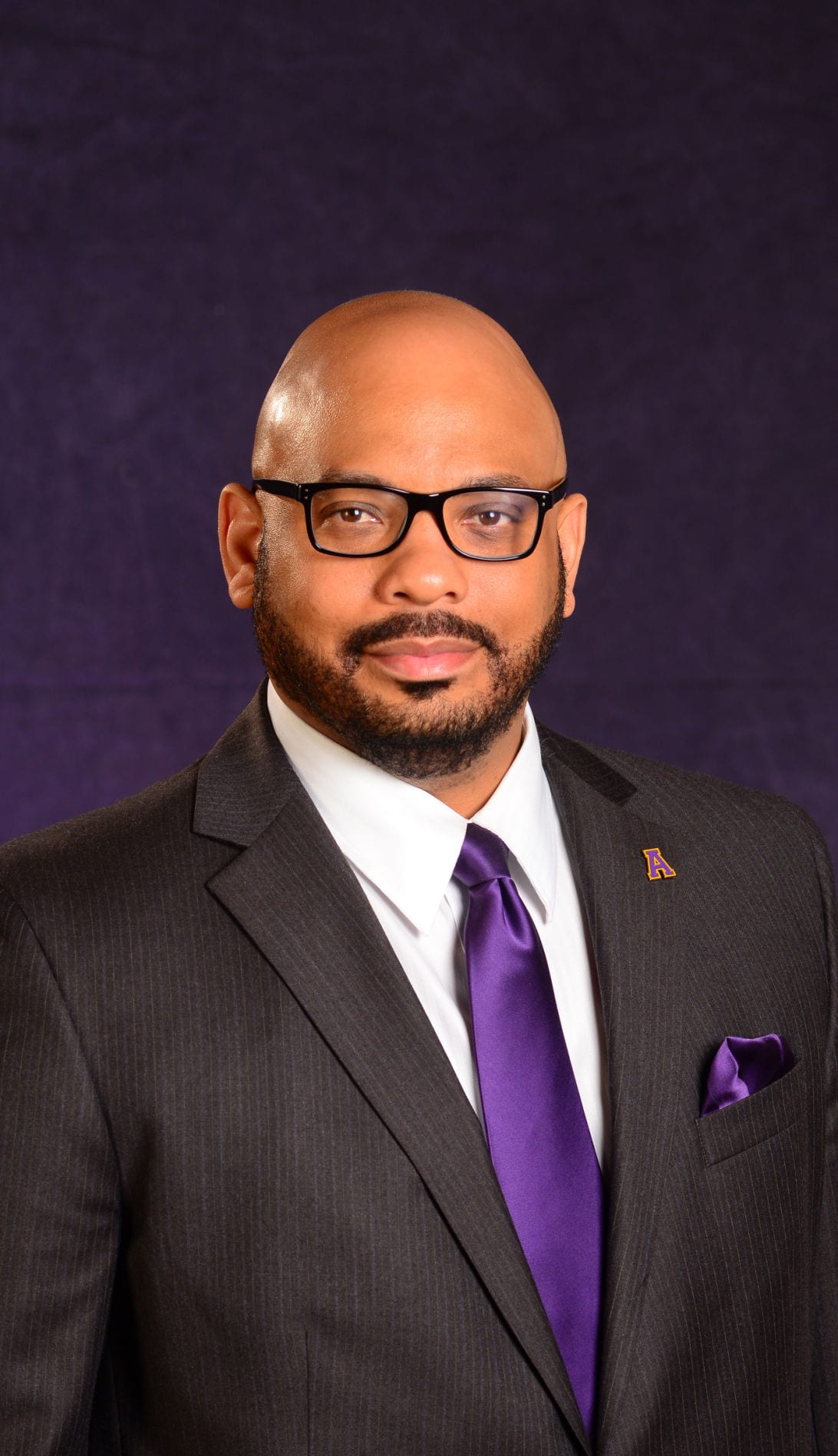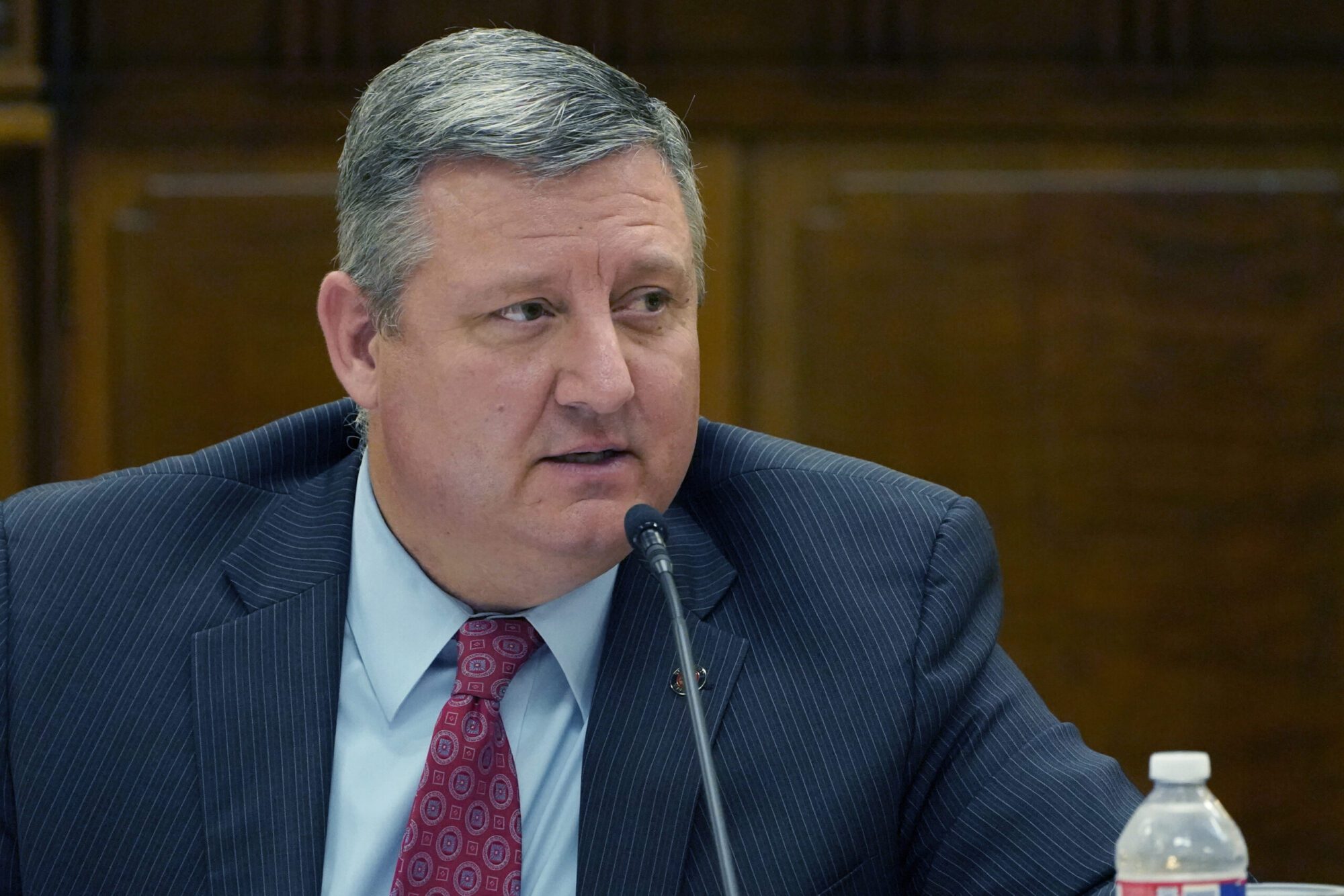
With President’s Defense, Border Security, Infrastructure Priorities, Mississippi Fares Well in Funding Measure
U.S. Senator Thad Cochran (R-Miss.), chairman of the Senate Appropriations Committee, early Friday morning voted for the last legislation of his Senate career—an omnibus appropriations measure that will direct significant new resources to Mississippi in support of a national focus on strengthening national defense, improving border security, and rebuilding infrastructure.
The Senate voted to pass the FY2018 Omnibus Appropriations Act (HR.1625) and complete the FY2018 funding cycle. It passed 65-32. The measure, which now goes to the President, includes all 12 of the annual appropriations bills for this fiscal year.
“This important legislation reflects the realities now facing our nation. We must begin to reinvest in our defense. The country’s infrastructure needs rebuilding, and we must protect our citizens from the problems associated with our vulnerable borders,” Cochran said.
“Mississippians will see benefits from this bill because our state is a leading defense state, including our work to see that the Coast Guard strengthens our maritime borders. Additionally, resources provided for infrastructure development would benefit flood control, rural broadband, and other transportation projects,” he said. “I’m pleased to finish my career with the enactment of an appropriations bill.”
Department of Defense funding in the bill is the biggest year-to-year increase in defense funding in 15 years, a $61 billion increase over FY2017 enacted levels. In addition to funding a 2.4 percent pay raise for troop and readiness needs, the bill makes robust investments in shipbuilding ($23.8 billion) and aircraft procurement ($44 billion), which will benefit shipbuilding and aircraft manufacturing in the state.
To continue the modernization of the U.S. Coast Guard fleet, Cochran was instrumental in securing $1.24 billion for the National Security Cutter (NSC) program. The bill sustains the Coast Guard acquisition schedule for the National Security Cutter (NSC) program, and additional funds for the completion of a 10th and 11th NSC.
There are significant impacts for Mississippi throughout the omnibus legislation. A sampling includes:
Telehealth: $4 million for Telehealth Centers of Excellence, $2.5 million above FY2017 levels. The University of Mississippi Medical Center in Jackson is one of two national Telehealth Centers of Excellence designated by the U.S. Department of Health and Human Services. Their work focuses on expanding the telehealth best practices.
Catfish: $8 million, a $5.5 million increase, to fully fund the USDA foreign catfish inspection program. Importantly, the bill directs USDA Food Safety and Inspection Service to complete equivalence determinations for all countries wishing to continue exporting catfish no later than 180 days after enactment, and would prohibit imports until a final rule of equivalence is issued if the deadline is not met.
Environmental Infrastructure: $70 million in Army Corps of Engineers funding for Environmental Infrastructure, $70 million above the budget request and $15 million above the FY2017 funding level. This is funding sets a precedent for environmental infrastructure appropriated by Congress. The Corps would be able dedicate some of these funds for sewer system, wastewater treatment and water supply improvements in Mississippi.
Unmanned Aerial Systems (UAS): The bill provides significant funding throughout the bill to support Mississippi’s leading role in the research, development and manufacture of UAS systems. Funding is provided a number of agencies, including the Defense Department, USDA, Federal Aviation Administration, NASA, the Department of Homeland Security and others. Mississippi State University leads the FAA UAS Center of Excellence.
Historic Preservation of Civil Rights Sites: $13 million for competitive grants to document, interpret, and preserve historical sites associated with the Civil Rights Movement. Mississippi has benefited from this funding to help preserve our history for the state and the nation. Specifically, four Mississippi sites were recently awarded funding through this program.
Workforce Training Assistance to Appalachian Regional Commission (ARC) and Delta Regional Authority (DRA) Regions: $30 million, an increase of $30 million from FY2017, to provide reemployment and training assistance to dislocated workers in rural areas of the country. The bill devotes funds to assist unemployed workers from any industry within the ARC and DRA regions to adapt existing skills and learn new ones demanded by growing industries.
TIGER Grant Program: $1.5 billion, a $1 billion increase, for TIGER grants, which are also known as National Infrastructure Investments. The increased funding is associated with the goal to rebuild America’s infrastructure. The agreement includes language to ensure at least 30 percent of grant awards go to rural communities. These grants are primary source of federal transportation infrastructure funding for local communities. Mississippi State University received a $7 million TIGER grant this year. Since 2009, Mississippi has received nearly $100 million in TIGER funds.
For a full review of significant items in the bill for Mississippi, visit here: http://bit.ly/2GibiN6
Senator Thad Cochran Press Release
3/23/2018











